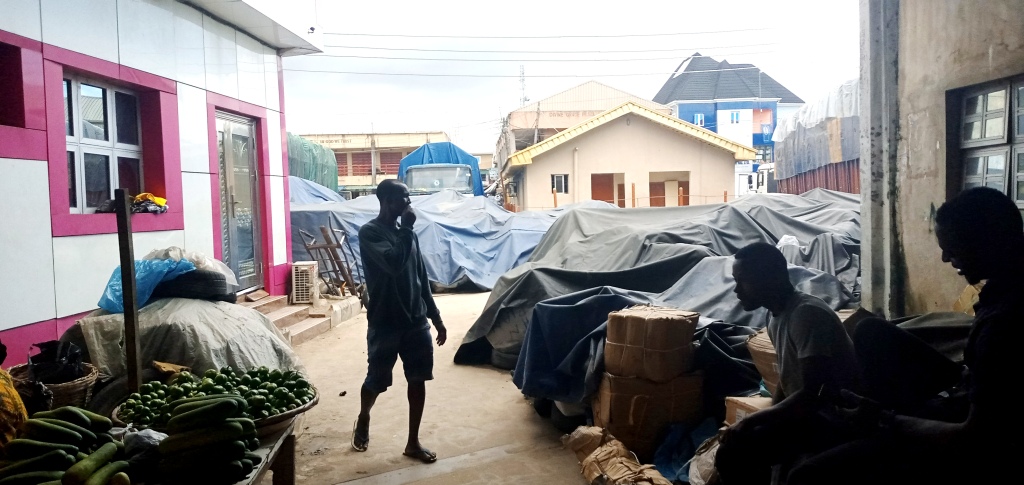One of the keynote speakers at the forth coming annual West Africa Property Investment Summit, Dr. Andrew Nevin, Partner and Chief Economist for PwC Nigeria has argued that real estate remains a fundamental sector capable of unlocking the growth of the economy.
In an interview ahead of the conference next week in Lagos, he averred that “Real estate makes up 60% of the world’s global assets and in developed countries, real estate buttresses the financial sector, enabling for the creation of asset backed loans and securities”.
“Nigeria’s real estate system cannot work without a proper land registry; banks cannot lend against a property without evidence of ownership. The current land titling system is onerous and excludes many people from formal ownership. Based on these facts, real estate is one of the most critical sectors that if reformed will propel growth and alleviate poverty in Nigeria.
On the impacts of observed global volatility and activities at the local Real Estate Market, Nevin noted that “Foreign exchange and inflation have stabilized in Nigeria amid emerging market pressures. However, crude reliance continues to leave Nigeria vulnerable to external shocks”. “This creates persistent uncertainty for investors in Nigeria, which is affecting all sectors in the economy, including real estate.
He added that “In urban areas, commercial real estate occupancy has declined as a result of low demand in an underperforming economy. Consequently, office rent has declined by 20% over the last 3 years in the high-end market, while co-working spaces are becoming more popular, consistent with the growing number of tech start-ups and entrepreneurs.
According to him, “In the premium residential market, demand has shifted to less expensive semi-detached houses and apartments. There is also persistently huge demand for affordable housing in Nigeria. Nigeria’s population is set to exceed 250 million people by 2030 (roughly 50 million households), and by 2025, our housing deficit will be approximately 20 million. We are not building enough houses for people to live in”.









